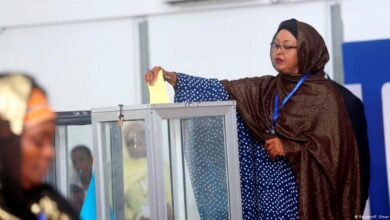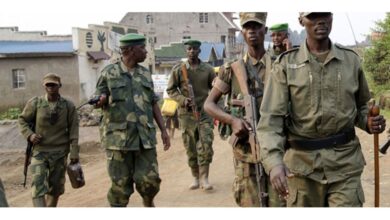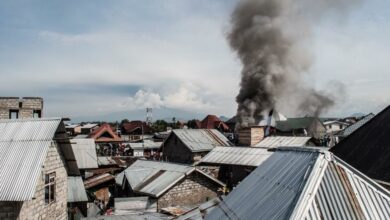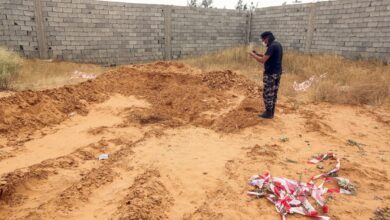Democratic Republic of the Congo
UNHCR Appeals International Community To Step Up Support For Refugees In DRC
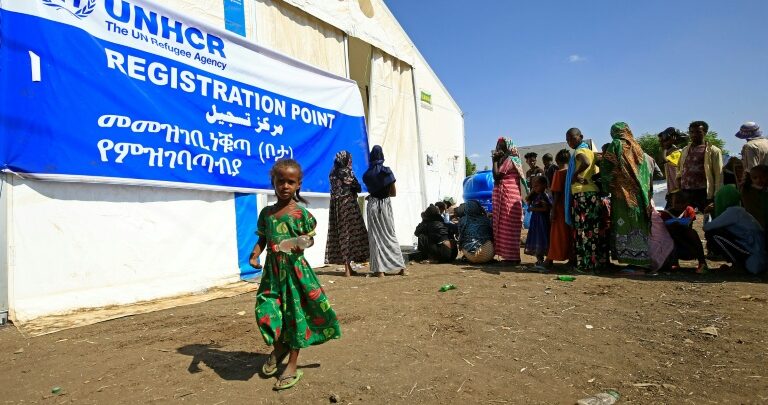
The United Nations High Commissioner for Refugees (UNHCR), Filippo Grandi, on Friday, made an appeal to the international community to step up support and solidarity with the Democratic Republic of Congo (DRC), the country currently struggling with one of the largest internally displaced populations in Africa, reported CGTN Africa.
During his three-day tour to the Central African country, Grandi visited DR Cong’s northern region bordering the Central African Republic (CAR). According to local authorities, about 92,000 refugees have taken shelter in the region during the past four months, as a result of post-election violence in CAR since last December.
“In this isolated area where poor road conditions make delivering humanitarian assistance a huge challenge, local villagers have provided life-saving assistance by sharing their modest shelters and limited food with the refugees,” the UNHCR official said.
He also praised the Congolese communities on the border who opened their arms and gave shelter to those fleeing armed groups in CAR.
Grandi said the world needs to show greater commitment and solidarity with the DRC and the local communities living in the country that continue to open their arms and their homes to refugees, despite having very limited resources.
He said the UN refugee agency is working to relocate refugees away from the border to safer sites. He commended local communities at the new sites who have offered land to the newly arrived refugees and welcomed children into their schools.
“Refugees can grow their crops alongside the host community, become self-reliant, access local health services and schools. This is real inclusion,” the UNHCR official said.
The High Commissioner also met with the DRC President Felix Tshisekedi at his office. The two discussed the DRC’s forced displacement challenges that include the 5.2 million internally displaced people, refugees from the region hosted in the country, and Congolese who have sought asylum abroad.


